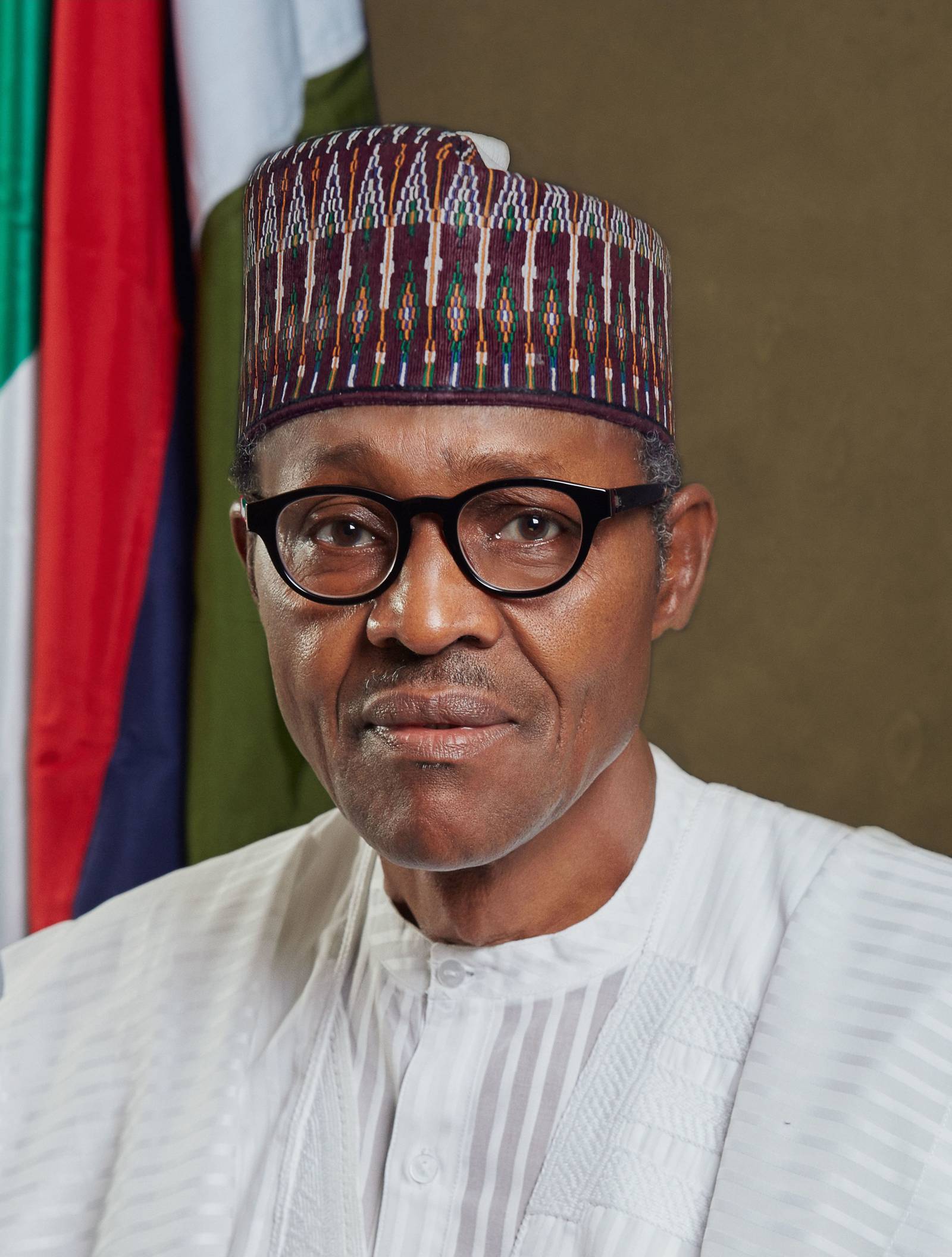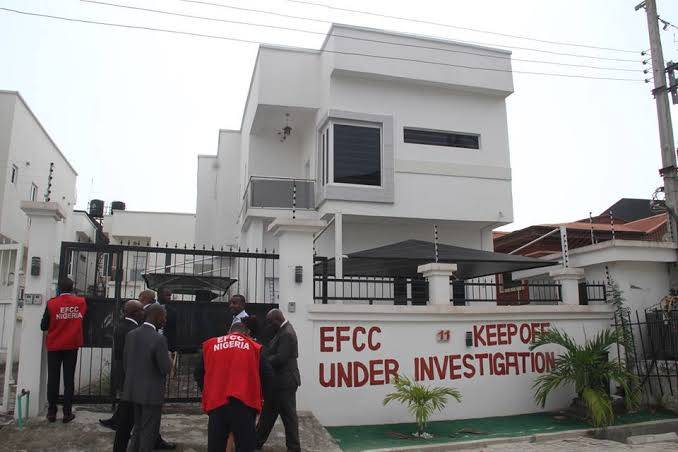. Users get three months ultimatum to make payment
. 242 organisations yet to renew licences since last year
The Federal Government has said it will do everything within its power and ambit of the law to recover about ₦N1 billion being owed by non-commercial radio frequency spectrum users in the country.
The FG, through the Ministry of Communications and Digital Economy, said the debts became huge because some operators refused to renew their operational licences in the last 10 years.
The ministry further projected that the accumulation of debt owed by organisations that deliberately refused to obtain their operational licence, yet operate with the radio frequency spectrum, may have reached ₦1 billion in the last 10 years.
The ministry disclosed this in Lagos, during a stakeholders’ forum on sustainable frequency spectrum management development for non-commercial radio frequency users.
Permanent Secretary, Federal Ministry of Communications and Digital Economy, Bitrus Bako Nabasu, who addressed the media at the forum, said organisatiins and institutions, including bandits and terrorist groups that are using the radio frequency spectrum, illegally, are creating national security threats, apart from frequency interference.
“We are aware that some organisations and institutions, which are non-commercial users, are making use of the radio frequency illegally, but what baffles government the most is that terrorist groups also use the radio frequency spectrum illegally and they obtain it from online stores.
“Although the ministry has monitoring equipment to monitor those using the radio frequency spectrum illegally, the range of coverage is limited and cannot reach inside the forest and deep territorial waters.
“However, our monitoring equipment can detect those using the radio frequency illegally within the cities,” Nabasu said.
He therefore called on all non-commercial spectrum users, especially those using the radio frequency without government approval, to regularise such usage with the ministry, within the next three months, without further delay.
Radio frequency spectrum is a specific range of frequencies of electromagnetic energy that is utilised to communicate. Its applications are important for society such as radio and television broadcasting, civil aviation, satellite, defence and emergency services depending on specific allocation of radio frequency. The Federal Ministry of Communications and Digital Economy, in line with its mandate, is saddled with the responsibility of managing Radio Frequency Spectrum for non-commercial users.
The Minister of Communications and Digital Economy, Prof. Isa Pantami, in his opening speech, said: “The radio frequency spectrum is a national scarce resource, and in view of its importance, there is the need to regulate and manage its usage in order to minimise interference and ensure that radio spectrum is used to its most efficient manner for the public. This is in compliance with the International Telecommunication Union and World Radiocommunication Conferences resolutions.”
Pantami, who was represented by Nabasu, highlighted some of the challenges in managing the radio frequency spectrum for non-commercial users, to include: national security threat, frequency interference and unauthorised usage of radio frequency spectrum by non-commercial operators.
According to Pantami, out of 300 frequencies that were monitored recently by the ministry, 106 of them were not licensed, therefore defrauding the government of huge sums of money.
He said most of the users of the unlicensed radio frequencies that were identified in 2019 and requested to regularise their operations were yet to do so, two years after, and that the ministry received several complaints of interference from different organizations within the last five years.
“Within the period 2020 up till date, a total of 242 organisations have failed to renew their licences, and over N1 billion of accumulated revenue fees owed the ministry by various organisations within the last 10 years could not be recovered.”
Pantami added that within the last five years, a total number of 32 organisations have failed to pay their frequency assignment fees, adding that there are several cases of under declaration of number of radio stations and that the organisations, whose waivers were withdrawn and were asked to regularise their operations, are yet to comply with the directive, two years after.
Speaking about the implication of all the challenges, Pantami said the action could lead to harmful interference to the authorised users, threat to national security and severe revenue loss to the government.
“These implications are impacting negatively on spectrum management for non-commercial users. Thus, becoming a herculean task that the government alone cannot tackle. Consequently, it has become imperative to engage the general public and the stakeholders to brainstorm on the way forward,” Pantami said.
Pantami therefore, called on all defaulters to regularise their operations, renew their licences and pay arrears of their outstanding renewal bills.
“All non-commercial radio frequency spectrum users that have defaulted and are in breach of the regulations are therefore given three months grace to regularise their operations and process their Radio Communication Licences. Thereafter, the Ministry will be constrained to employ legal means to address these issues,” Pantami said.










